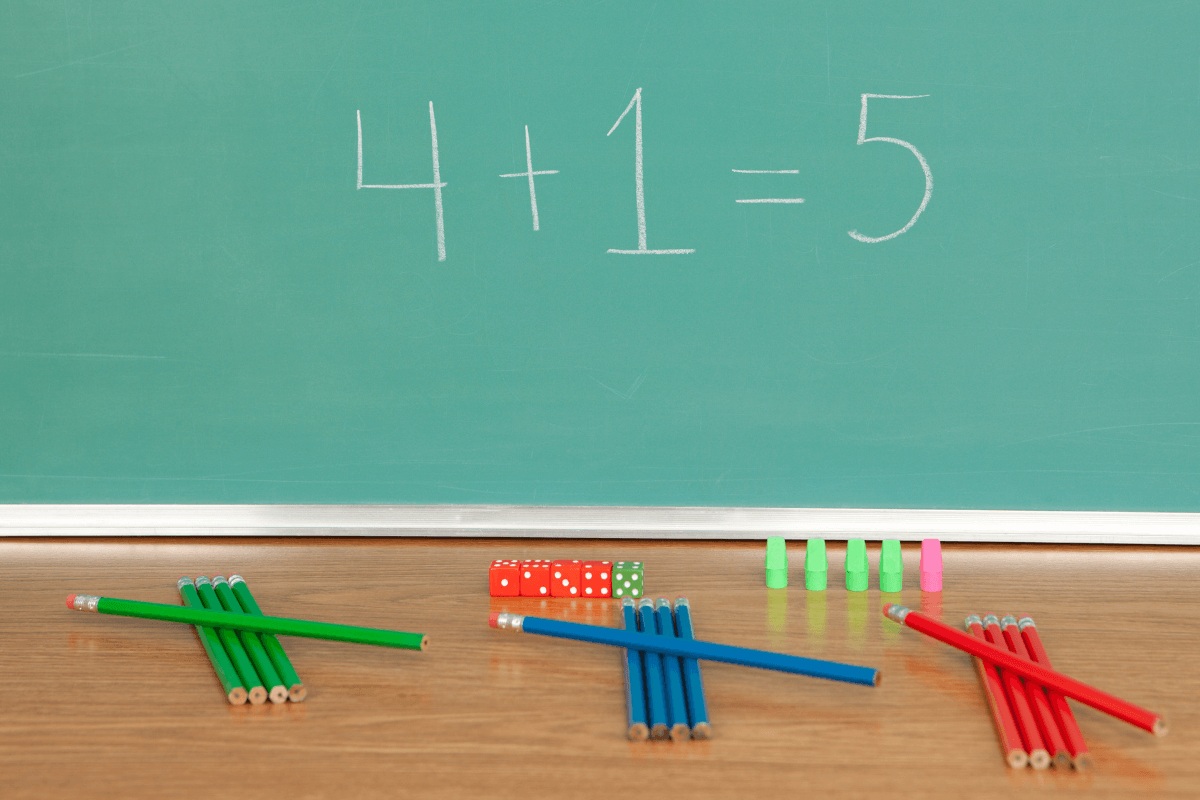Understanding Relationships Among Operational Sense
The Dropkick Math Team
on
March 17, 2022
Understanding Relationships Among Operational Sense

In order for elementary school children to be successful in mathematics, they need to develop operational sense. Operational sense is the ability to understand and use addition, subtraction, multiplication, and division in problem-solving situations. When children can develop a strong understanding of the operations, they can recognize the relationships among them and develop systems for computing numbers. This starts for students in primary grades where they use counting strategies, combining and partitioning numbers to learn addition and subtraction. This blog post will describe operational sense in more detail and provide examples of how it can be learned at home.
Math Education Has Changed
As a parent and teacher, I understand how parents can become frustrated when their child comes to them for help with their math homework. Chances are, you have never heard of the terms they are using to describe mathematics, and the calculations are completely different compared to when you learned math. While math itself hasn’t changed, the way it is taught to students has.
By taking a step into the world of mathematics and learning more about the four pillars of math and how your child is being taught, you will be able to help them succeed in their studies. At Dropkick Math, our specialized programs create an environment where both parent and child can better understand the fundamentals, creating a fun and engaging learning environment.
Operational Sense In Action
Operational sense is a critical part of early mathematics learning. It allows children to make connections between the numbers they are working with and the world around them. It also helps them develop a sense of number relationships and understand how numbers work together. When a student understands the operations and how to perform calculations, they will have an understanding of part-whole relationships.
To better understand this concept, let’s look at an example of operational sense in action:
- A child figures out that if they have four toy cars and two friends also have four toy cars, then they have a total of 12 toy cars between the three of them.
I understand that because I know that division can be thought of as “how many times one number fits into another” and I can see that fits into 3 wholes 9 times.
This understanding of relationships is essential for elementary school children because it lays the foundation for more complex mathematical concepts that will be learned in later grades.
How To Develop Operational Sense At Home
Operational sense can be developed in the classroom and at home through various activities and games that help children understand how numbers work together. Here are a few examples of operational sense activities that can be easily used at home to help children develop a better understanding of operational sense:
- Use games to provide opportunities for their children to practice their multiplication facts.
- Use real-life experiences to ask a child to perform some calculations and encourage them to explain how they calculated it. (e.g. asking a child if they have enough money to pay for something.
- Provide children with an opportunity to use measuring cups marked in fractions so they can learn how to combine fractional quantities.
- Give children newspaper flyers and challenge them to find various ways to spend a set amount of money, such as $30.
Through operational sense activities, children can develop a strong understanding of the operations and begin to see how they are used in the world around them. These activities will help them to be successful in mathematics as they move into more complex concepts. Operational sense is an important part of early mathematics learning, and through these activities, children can develop a strong foundation on which to build more complex understandings.
Understanding Relationships
At Dropkick Math, we teach students how to approach math concepts and understand their relationships so they can overcome problems more efficiently on their own. As one of the four pillars of math, our programs focus heavily on operational sense. We rely on problem solving and models as key instructional components to help students understand the subject.
If your child struggles with operational sense, don’t just Google “math tutor near me.” We are an alternative to conventional tutors and offer personalized programs designed to help your child conquer his or her unique math problems in a learning environment that is fun and engaging. Our trained instructors will also provide you with the tools to support your child in math moving forward. So, contact us today and learn more about our programs.

